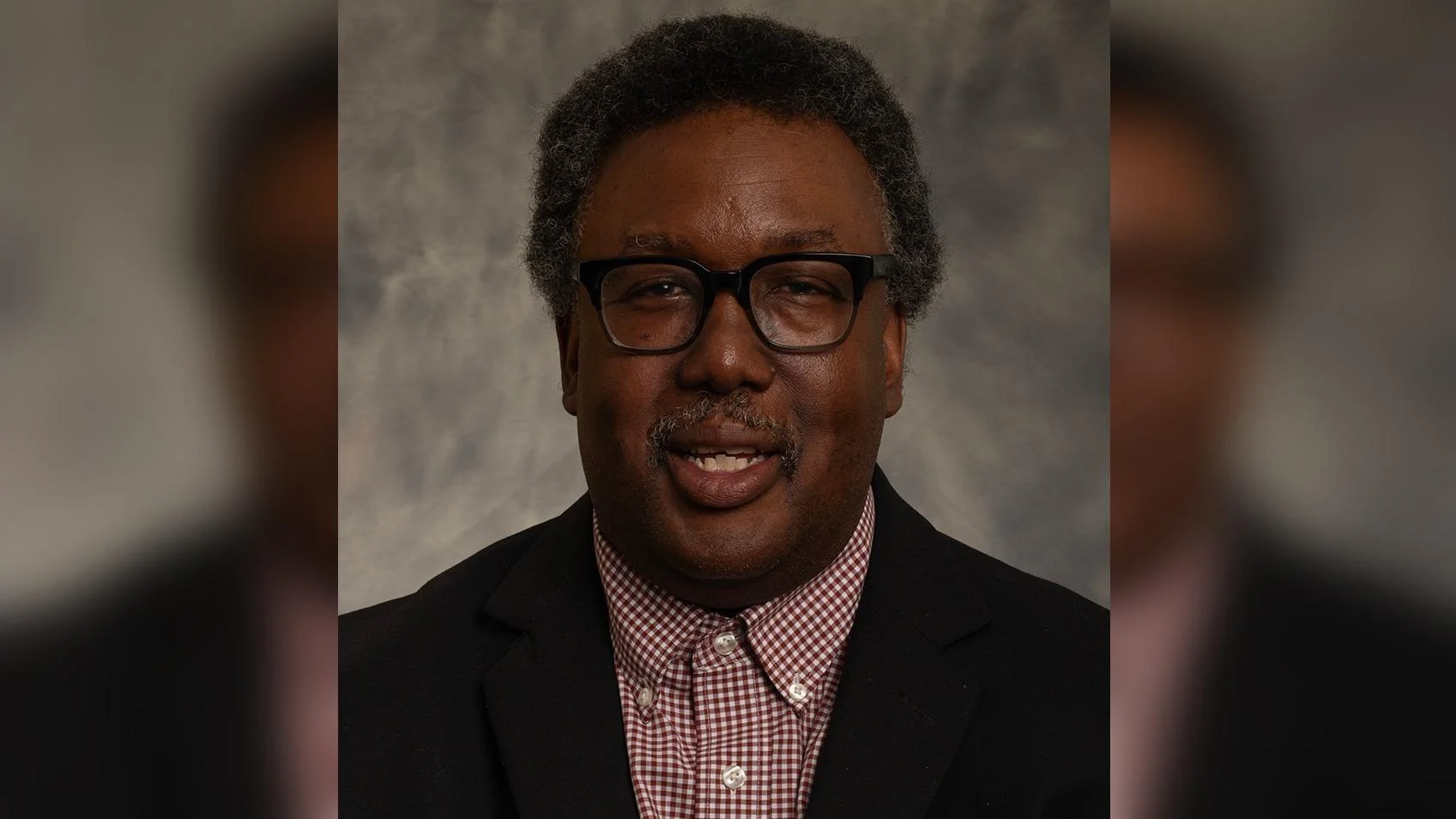Elder David A. Bednar of the Quorum of the Twelve Apostles addressed young adults at a worldwide devotional from Brigham Young University–Idaho on November 3, 2024. In his speech titled "Things as They Really Are 2.0," Elder Bednar provided guidance on living the gospel in today's technological era.
He emphasized that digital innovations and rapid changes are neither inherently good nor evil but should be understood within the context of the eternal plan of happiness. Elder Bednar quoted President David O. McKay, highlighting that each innovation carries both "limitless perils and untold possibilities."
During his address, Elder Bednar posed two questions to the audience: "Does the use of various technologies and media invite or impede the constant companionship of the Holy Ghost in your life?" and "Does the time you spend using various technologies and media enlarge or restrict your capacity to live, to love, and to serve in meaningful ways?"
Artificial intelligence (AI) was a significant focus of Elder Bednar's message. He acknowledged AI's potential benefits but warned it could obscure one's true identity as a child of God, distract from spiritual growth, and distort human interaction. "It is a set of computer equations that will treat you as an object to be acted upon if you let it," he cautioned.
Elder Bednar encouraged attendees to identify gospel principles guiding their use of AI and strive for spiritual revelation through the Holy Ghost. He also invited them to review a document titled “Principles for Church Use of Artificial Intelligence,” which offers guidelines against inappropriate technology usage.
Moral agency was another key theme in Elder Bednar's address. He described it as "the ability and privilege to choose and act for ourselves in ways that are good, honest, virtuous, and honorable." Misuse of AI can negatively impact moral agency by turning individuals into passive objects.
Elder Bednar echoed President Russell M. Nelson’s invitation to “think celestial,” contrasting this with AI’s limited ability to “think telestial.” He stressed that despite its sophistication, AI cannot witness divine truths or sanctify individuals spiritually.
The importance of righteous work was highlighted as part of Heavenly Father’s plan for spiritual progress. Elder Bednar warned against overreliance on AI technology, which might lead to spiritual slothfulness. He urged young adults not merely to produce content but engage in work that aligns with divine intentions.
Susan Bednar also spoke at the devotional, focusing on overcoming fear through faith in Jesus Christ. She addressed questions about replacing fear with love and faith, staying strong when feeling weak, and trusting God.
Drawing from personal experiences and scripture such as Isaiah 41:10, Sister Bednar reassured listeners that Jesus Christ provides strength during difficult times. She shared her belief that Jesus walks alongside individuals throughout life's journey.
In conclusion, both Elder David A. Bednar and Susan Bednar encouraged young adults to embrace their moral agency responsibly while relying on faith in Jesus Christ for guidance through challenges posed by modern technology.
 Alerts Sign-up
Alerts Sign-up





